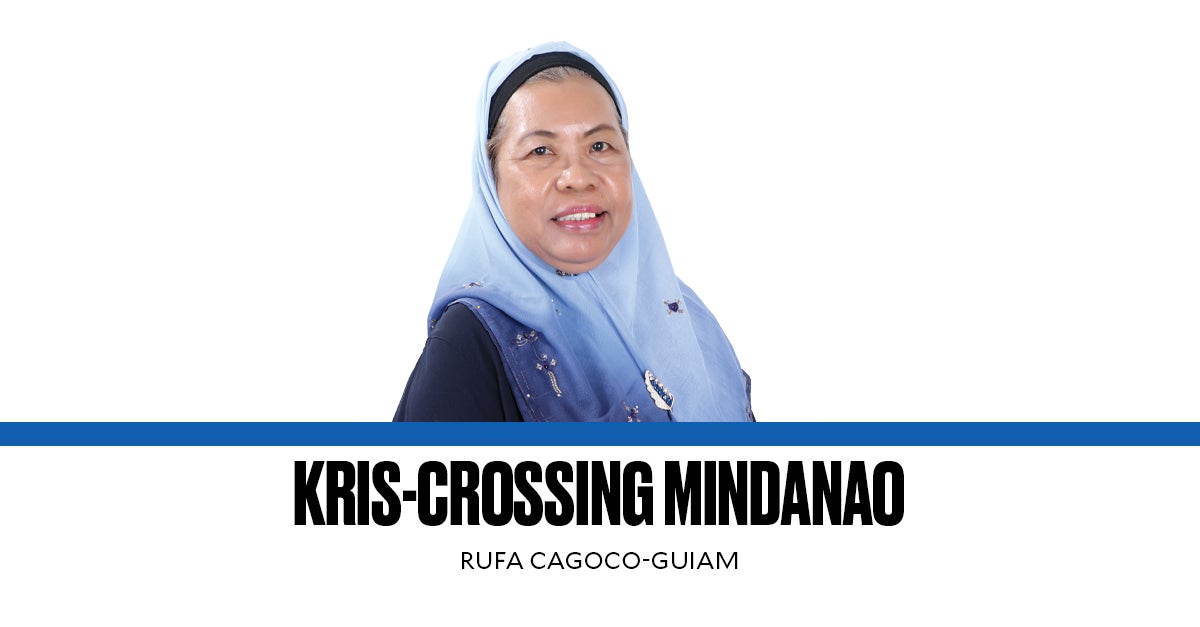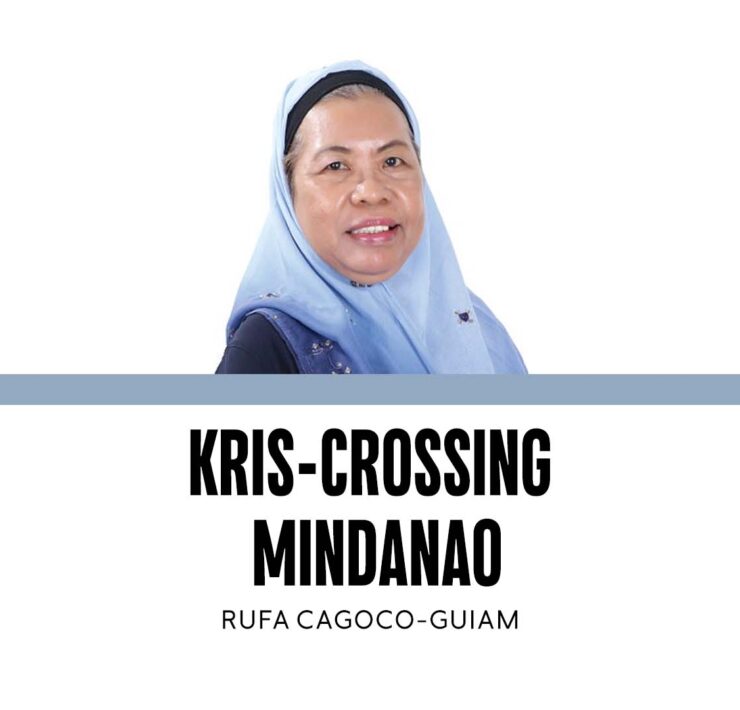Dealing with VAWC in the BARMM (2)

Last week, I was part of a huge gathering of Violence Against Women and Children (VAWC) desk officers in different barangays in Tawi-Tawi, the farthest southern island province of the Philippines—from the point of view of the capital in Metro Manila. It was held at a venue in the capital town of Bongao.
As in the first leg of this workshop in Cotabato City last month, Tawi-Tawi workshop participants shared that VAWC desk officers are paid on an honorarium basis only, and usually based on the “generosity” of the local chief executive or in their case, the barangay chairperson. The amount of the honorarium ranges from P500 to P2,000 every month. Workshop participants said that although they were told about this before they started working, they still hoped that they would receive something “regular” like a salary and that it would be at a “living” wage level. Many of the VAWC desk officers have no other source of income. If their husbands are also in the informal services sector (tricycle or jeepney driver or on-call carpenters), they have difficulty making ends meet, especially if they are supporting a big family, including in-laws or parents of both husband and wife.
Cases of violations against women and children range from sexual harassment and molestation to forced abduction, but many of the reported cases involve rape and gender-based violence. As mentioned in my column last week, the youngest victim, according to a regional Women and Children Protection Desk (WCPD) report, is a 3-year-old girl and her perpetrator is a 10-year-old boy, who happens to be her sibling.
Truly, the sexual abuse of a 3-year-old child by her 10-year-old male sibling is quite alarming and raises a lot of questions on why this type of behavior is happening, and in a region like the Bangsamoro Autonomous Region in Muslim Mindanao.
But another factor causes more harm than good, especially to the victims. Many families in the region still treat cases of rape as something that the victim should be ashamed of as if it was her fault that she was raped. Victim-blaming is part of the mindset of many families in the region that incidents like these are not to be made public as they are a cause of shame for them, especially for the immediate family members of the victims.
During the Marawi siege, several cases of rape were also narrated, but not publicized for the same reason—the shame the family bears when one of their female members is a victim of rape and other forms of sexual assault. Victims are also told that being raped is a cause of shame for the entire family because people will think that it is the victim who provided the “motivation” for the rape to happen.
But when victims are very young children—like a 3-year-old girl—is she to be blamed for having been abused by a family member? In some cases that were brought to the attention of barangay workers in geographically isolated areas, the violator is no less than the father of the children. Are the children providing the motivation for their own father to violate them?
Based on the responses from participants, the common reason for absentee mothers is that impoverished families are forced to push their adult female members—the wives/mothers—to work abroad. Other factors that worked in confluence with the first one include: limited space for members of one family to have privacy for each female and male member; exposure of young people to social media, including pornographic materials that are readily accessible; and drug addiction (usually of the father who is left behind by the wife who had to work abroad).
While we appreciate that an increasing number of people are already aware that rape cases should be reported, we also decry that many victims have not been given justice. WCPD officers reported that many times, victims’ families tell police authorities that they will withdraw the case, making it difficult to prosecute the perpetrators. This usually happens when the perpetrator comes from an influential and wealthy family.
When families push back against continuing the process of prosecution, these cases will remain unresolved and will lead to the recurrence of the same crime—being done by the same perpetrator, and probably with the same victims. One community worker shared with me how she rescued a victim who wanted to commit suicide because she felt so “dirty” at having been sexually abused by a person who is known to have multiple sex partners.
Rape is a heinous crime and not a matter that should be dismissed as a source of shame for the victim. Neither is it a laughing matter, as former president Rodrigo Duterte referred to it many times. Whoever inflicts rape—even if they are blood relatives—must be punished under the law.


















Celebrate environmental gains